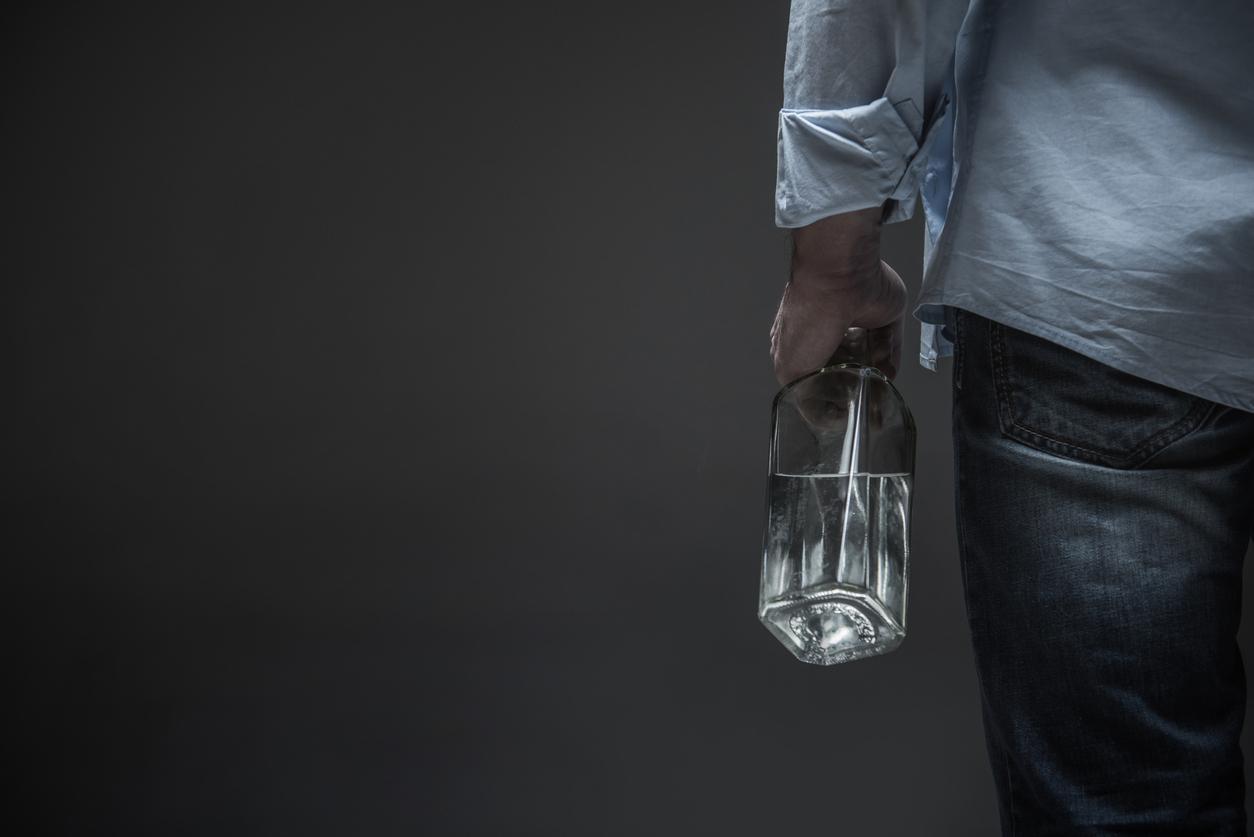Alcoholism among soldiers returning from combat zones is a serious problem. But the traumas of war are not the only ones responsible.

We already knew that veterans returning from missions in Afghanistan and Iraq had more alcohol problems than the rest of the American population. But for the first time, a study shows that post-traumatic stress is not the main factor behind this phenomenon. Family issues are also important.
Domestic worries affect morale
Veterans are twice as vulnerable to alcohol as civilians. They are 14% to suffer from alcoholism, against 7% for the others. But a study, published in theAmerican Journal of Preventive Medicine, defines new causes that push them to the bottle.
Until now, having been traumatized by heavy fighting, tortured, or facing death has been thought to influence alcohol consumption. However, researchers have shown that the difficulties of domestic life when returning from the front constitute a more important risk factor.
1,095 veterans who served in Iraq and Afghanistan in 2008 and 2009 were interviewed three times, to discuss their drinking habits, combat experience, and day-to-day problems. They were notably questioned about their relations with their relatives, the ease of finding work, and their state of mental health. 60% of the participants had suffered trauma during the fighting, and 17% sexual assault. 36% of them mentioned problems in reintegrating into civilian life.
Better manage the return of veterans
With these answers, the researchers showed that, for veterans, having relationship problems or not finding a civilian job is more likely to drink than having post-traumatic stress. or other war-related traumas.
These conclusions lead Professor Karen Koenen, who is leading this study, to alert the public to the need to better support veterans on their return from the field and to step up support programs for them.
.















